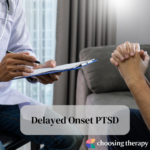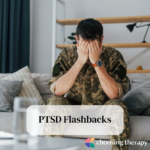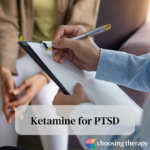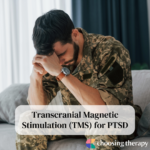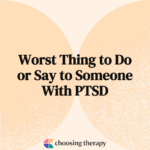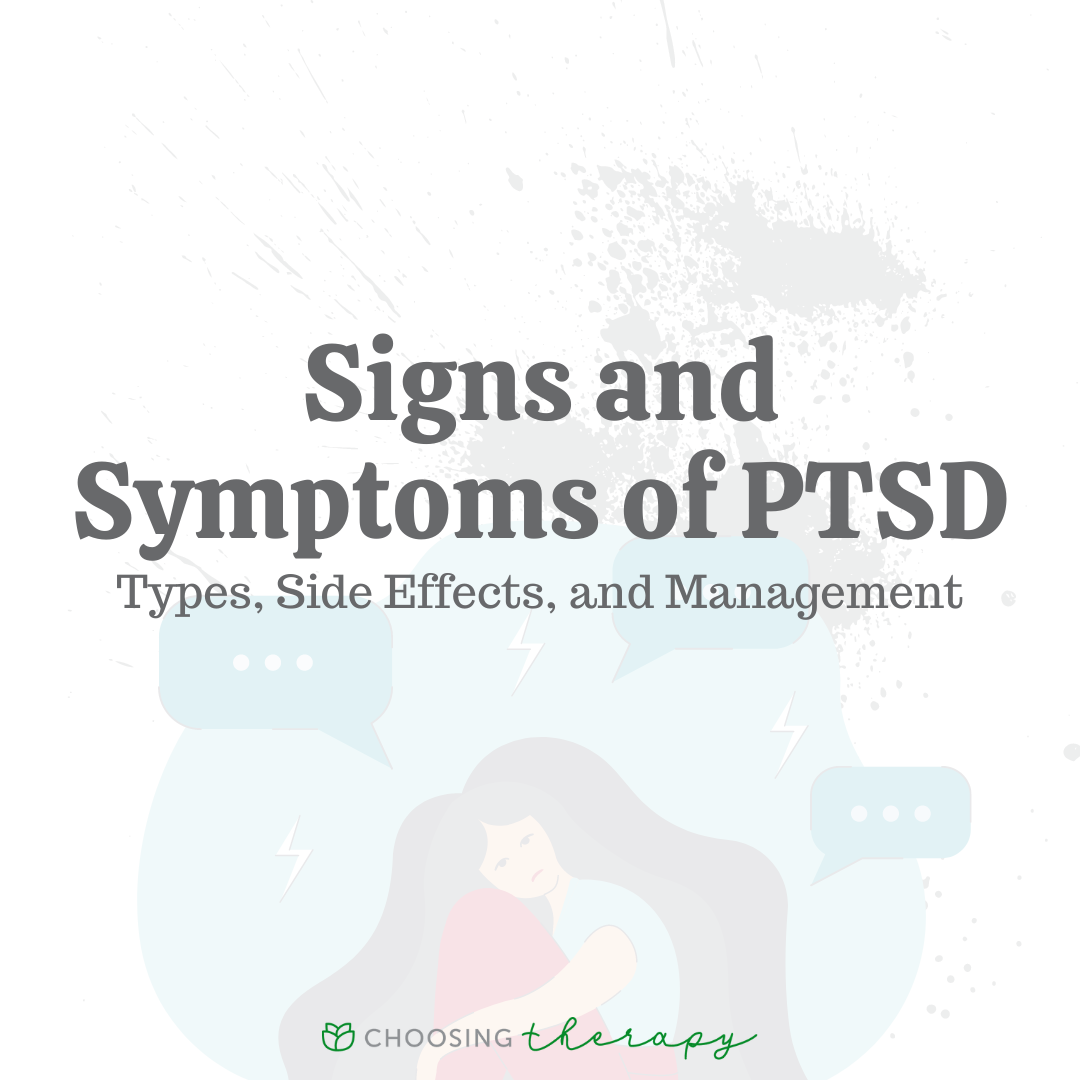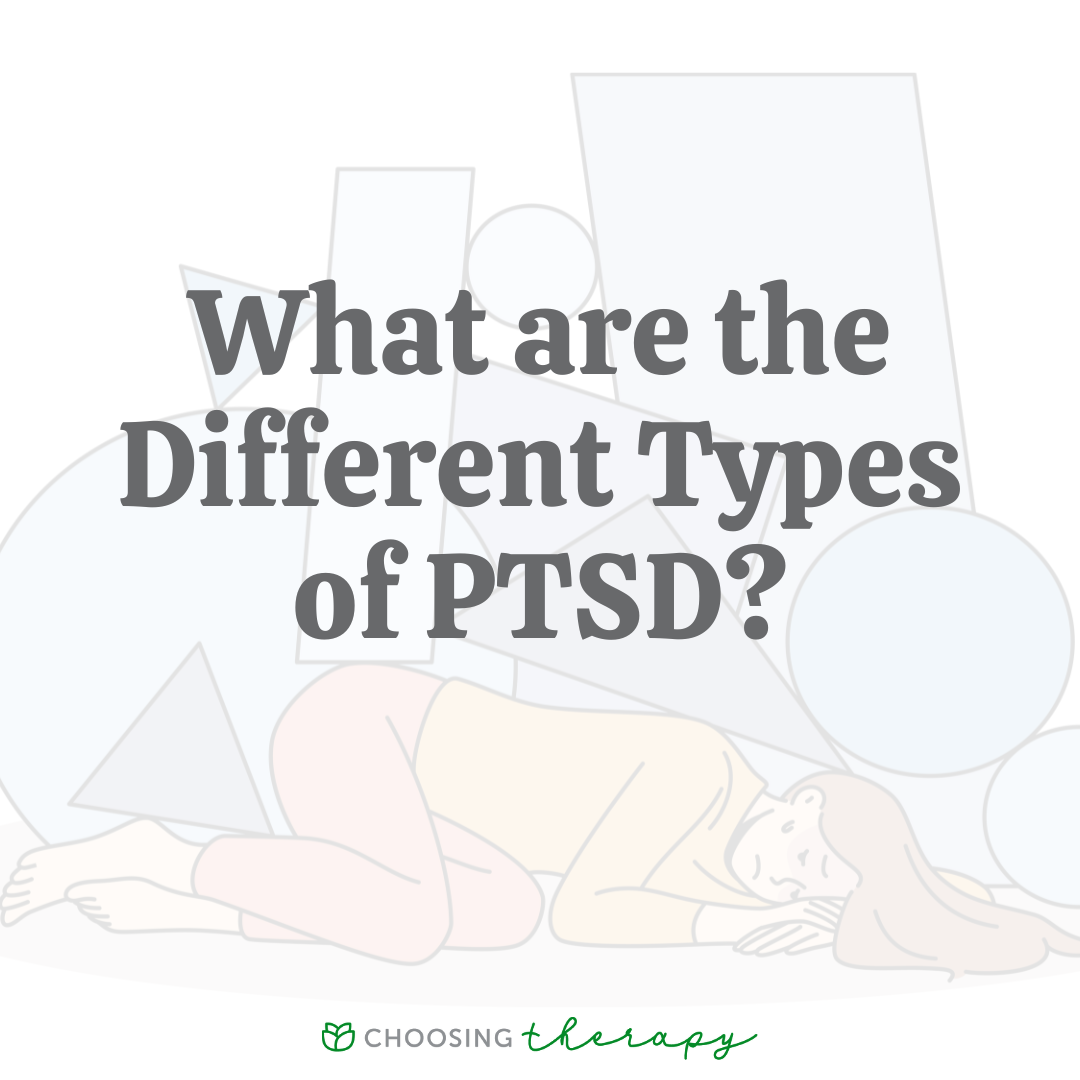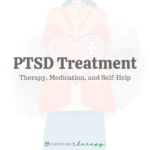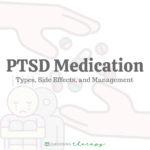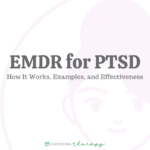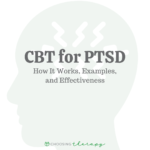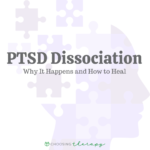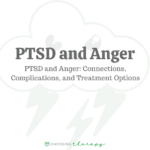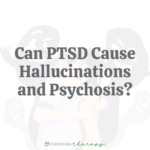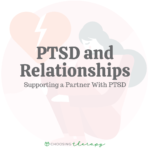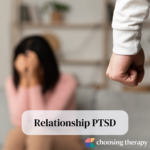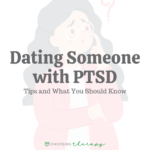
Learn More About PTSD
PTSD can leave those impacted by trauma with intrusive and upsetting thoughts and feelings long after the trauma event(s) happened. These symptoms impact the quality of life and, in some cases, the ability to maintain employment and relationships with others. Fortunately, PTSD is treatable. Below you’ll find articles and resources to help you both understand and deal with PTSD.
Featured Articles on PTSD

How to Help Someone With PTSD: 14 Tips From a Therapist
You can help someone with PTSD by understanding PTSD symptoms and creating a safe and supportive environment.
by: Samantha Jacobson, MS, LMHCA
The 3 Stages of Trauma Recovery
Survivors of trauma have been shown to heal in three stages, during which they work to re-establish their sense of safety and security, process their traumatic memories, and build hope and resources for the future. These stages are often not linear, but they can provide a framework for healing and support after a trauma.
by: Michelle Risser, LISW-SWhat Is PTSD?

PTSD Treatment Options

Common PTSD Symptoms

PTSD & Relationships
Read More About PTSD
